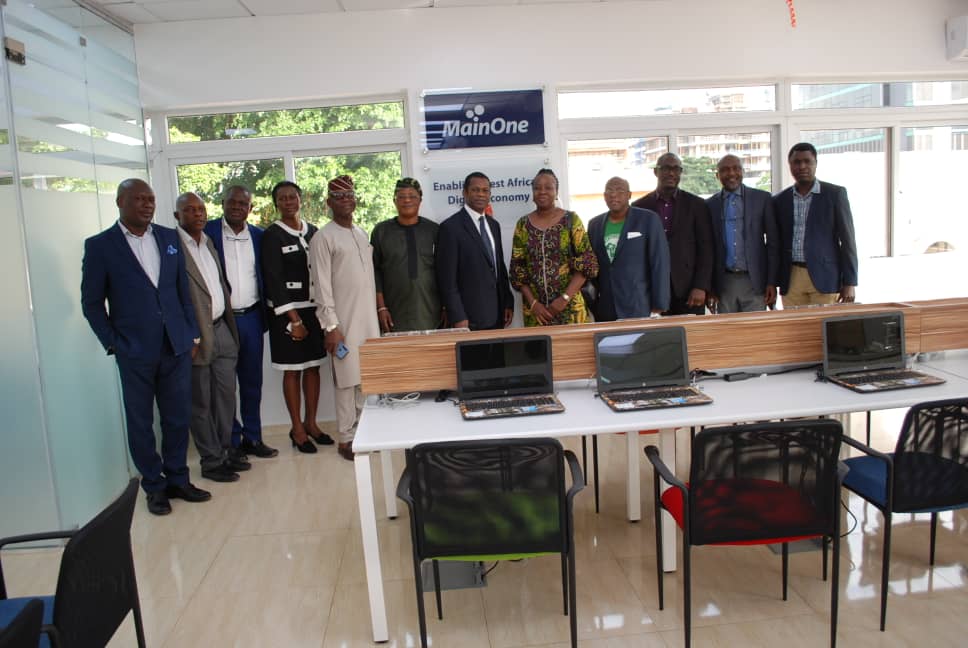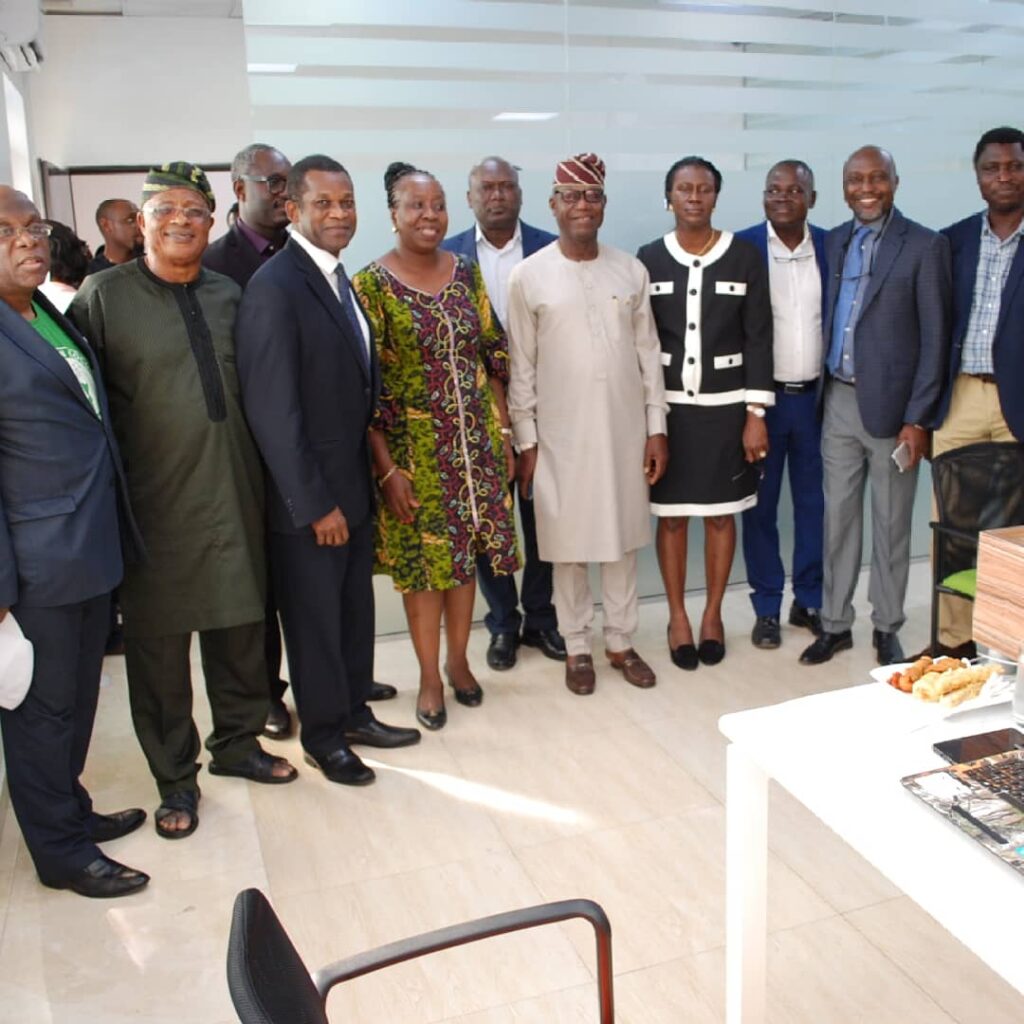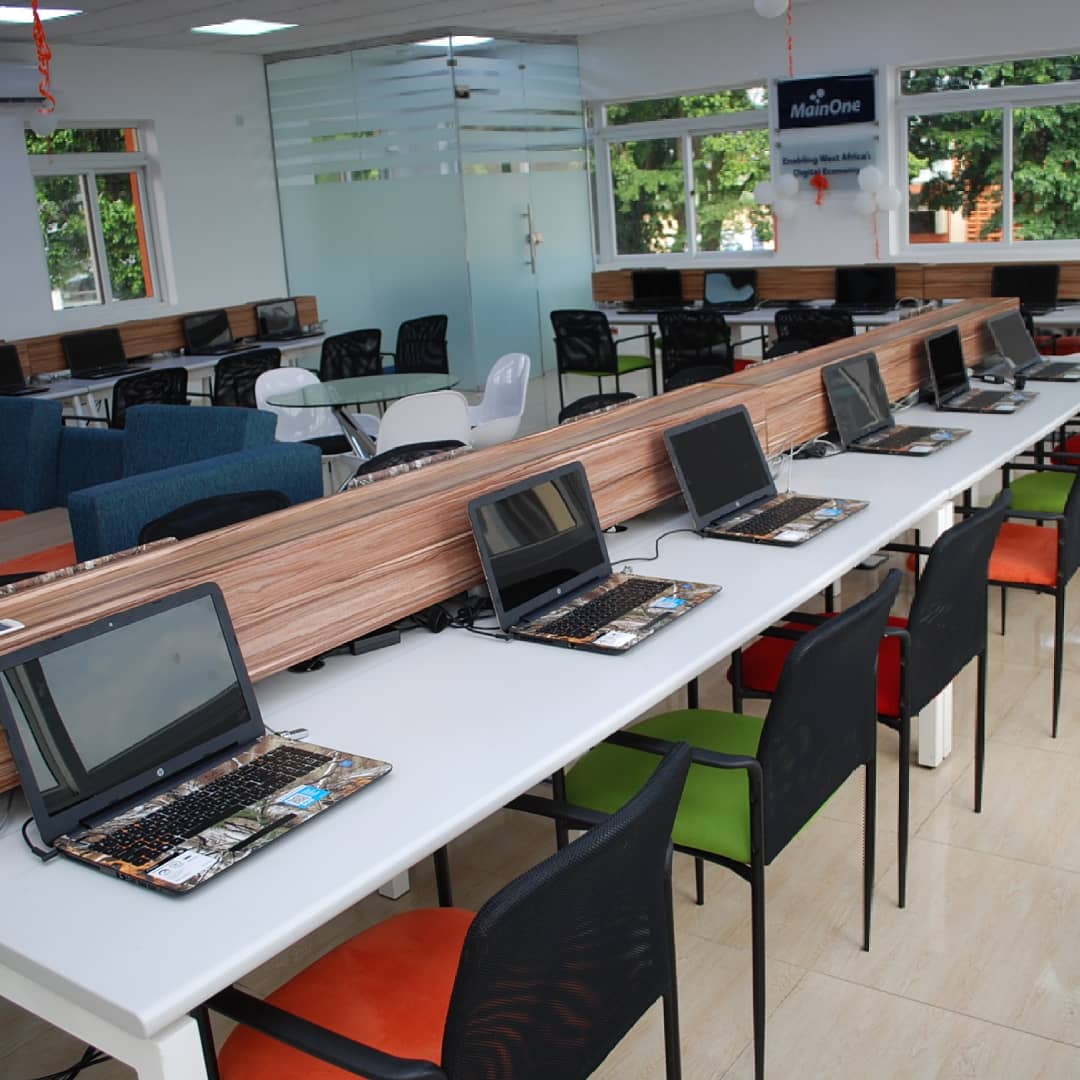In the bustling streets of Lagos and beyond, Nigerian social clubs have long been an integral part of the vibrant cultural fabric.
However, as the world hurtles headlong into the digital age, these social institutions are undergoing a remarkable transformation – they are adapting to the online era to remain relevant and connected.
The Traditional Essence of Nigerian Social Clubs
Before delving into the digital shift, let’s take a moment to appreciate the essence of Nigerian social clubs. These organizations have thrived for decades, providing a space for like-minded individuals to come together, celebrate shared interests, and preserve cultural heritage. Whether it’s Eko club, Ikeja Club, Lagos Country Club, Warri Club, just to mention but a few. These clubs are symbols of unity and belonging.

The Challenge of Modernization
The rise of digital technology and social media platforms has challenged these age-old traditions. Younger generations, accustomed to the immediacy of the internet, are often less drawn to the idea of physically attending club meetings or events. Additionally, the global COVID-19 pandemic further accelerated the need for adaptation, forcing many clubs to temporarily close their doors.
Embracing the Digital Realm
The resilience and adaptability of Nigerian social clubs are truly remarkable. To remain vibrant and relevant, these clubs are embracing the digital realm in innovative ways. Here’s how:
- Online Membership Portals:
Many clubs have introduced online membership portals, making it easier for members to join, renew their memberships, and pay dues from the comfort of their homes. This digital transformation has streamlined administrative tasks and enhanced convenience. - Virtual Meetings and Events:
In response to the pandemic, clubs quickly pivoted to hosting virtual meetings, seminars, and events. These online gatherings have not only ensured the safety of members but have also expanded the reach of these clubs to a global audience. - Social Media Engagement:
Nigerian social clubs are now active on social media platforms like Instagram, Twitter, and Facebook. These platforms have become dynamic spaces for clubs to share updates, connect with members, and showcase their activities. - Online Archives and Documentation:
Preserving the rich history of these clubs is vital. Many have established digital archives, documenting their past achievements, leaders, and milestones. This digital record ensures that the legacy of these organizations endures. - E-Learning and Skill Development:
Some clubs are now offering e-learning courses and skill development workshops. These initiatives empower members with valuable knowledge and skills in a rapidly changing world.
The Benefits of Digital Adaptation
The transition to the digital era has brought numerous benefits to Nigerian social clubs:
Accessibility: Online platforms make it easier for members to participate, regardless of their location.
Cost-Efficiency: Digital tools reduce operational costs, making it easier for clubs to allocate resources to meaningful activities.
Wider Outreach: Clubs can now engage with a larger and more diverse audience, fostering inclusivity and diversity.
Enhanced Collaboration: Online platforms facilitate collaboration and information sharing among members.
Resilience: The digital shift has proven to be a lifeline during challenging times, allowing clubs to continue their activities without disruption.
In addition, the digital shift is not just a matter of survival; it’s a testament to the adaptability and resilience of Nigerian social clubs. These organizations, deeply rooted in tradition, have embraced technology to stay connected and engaged in the modern world. As they continue to evolve, they carry with them the spirit of unity and camaraderie that has defined them for generations, ensuring that Nigerian social clubs remain a vibrant and vital part of the nation’s cultural landscape.


